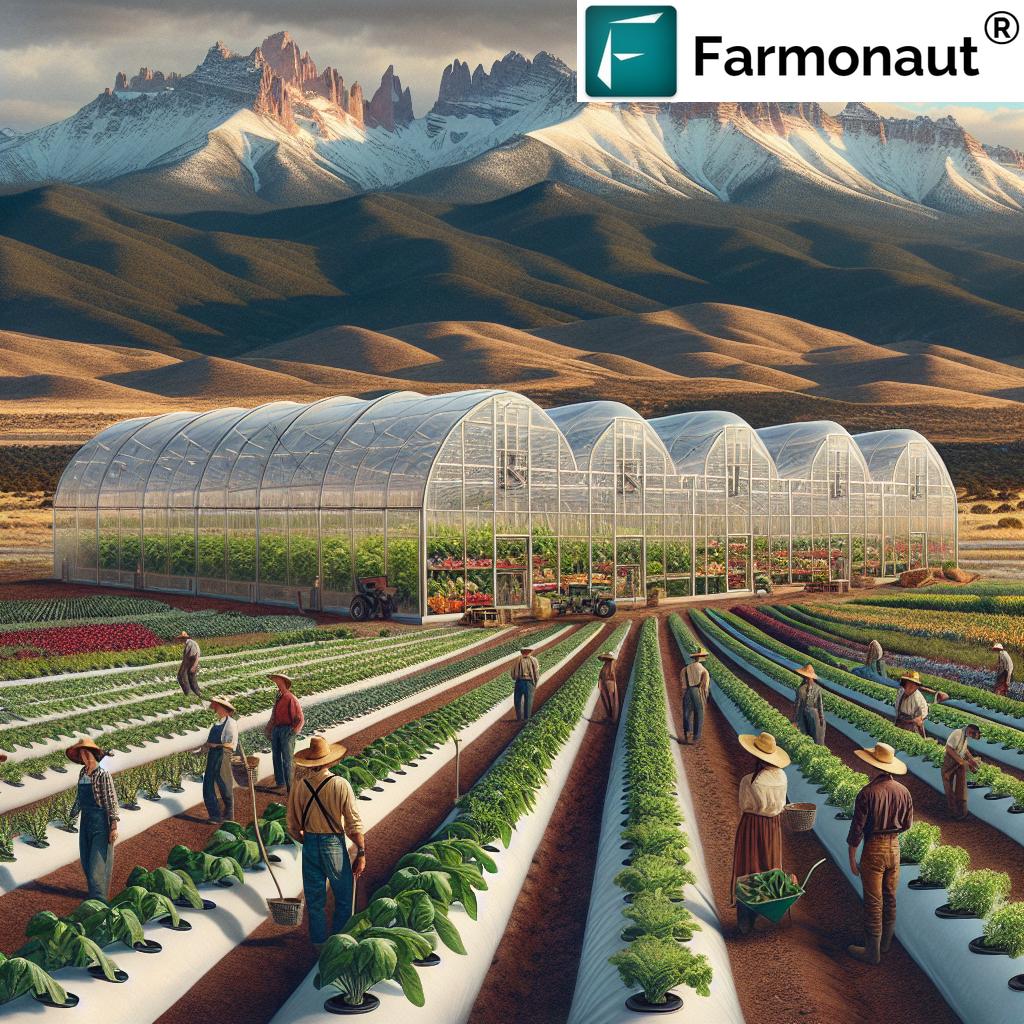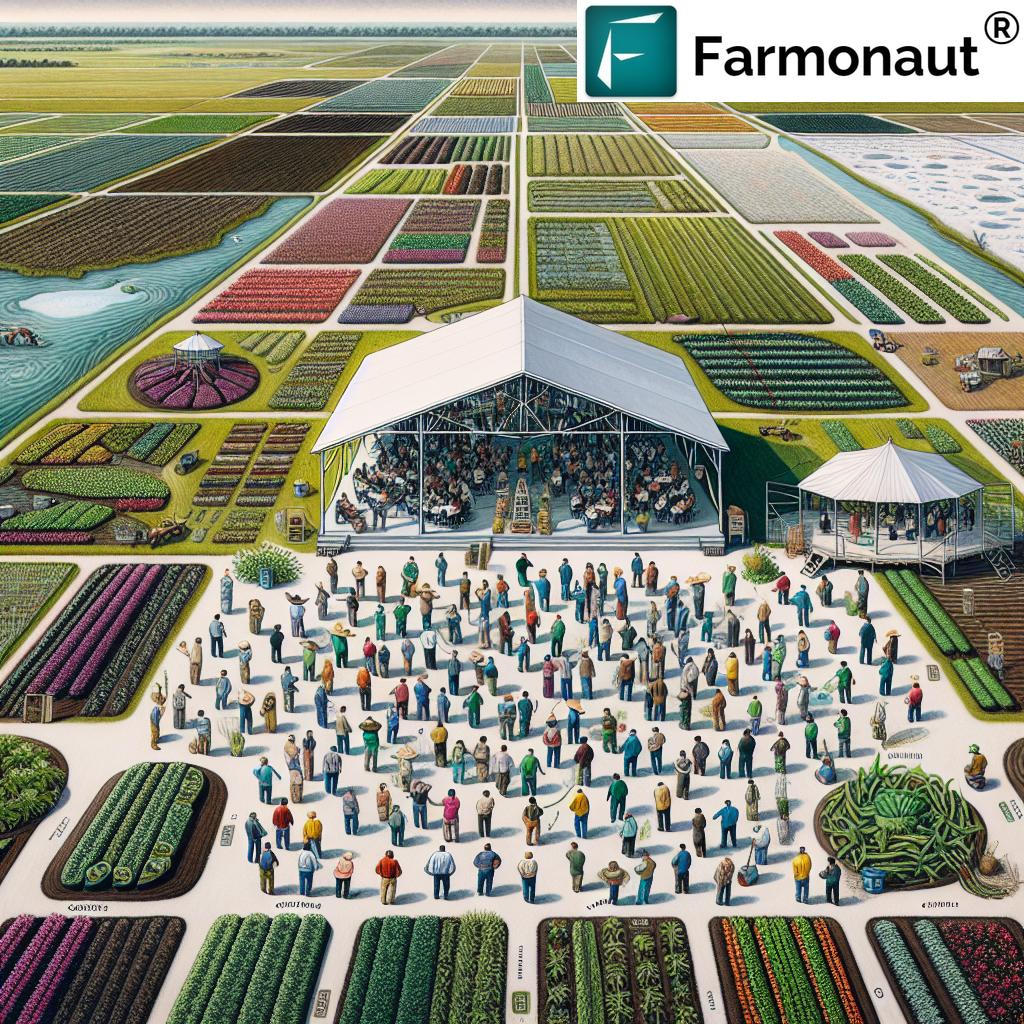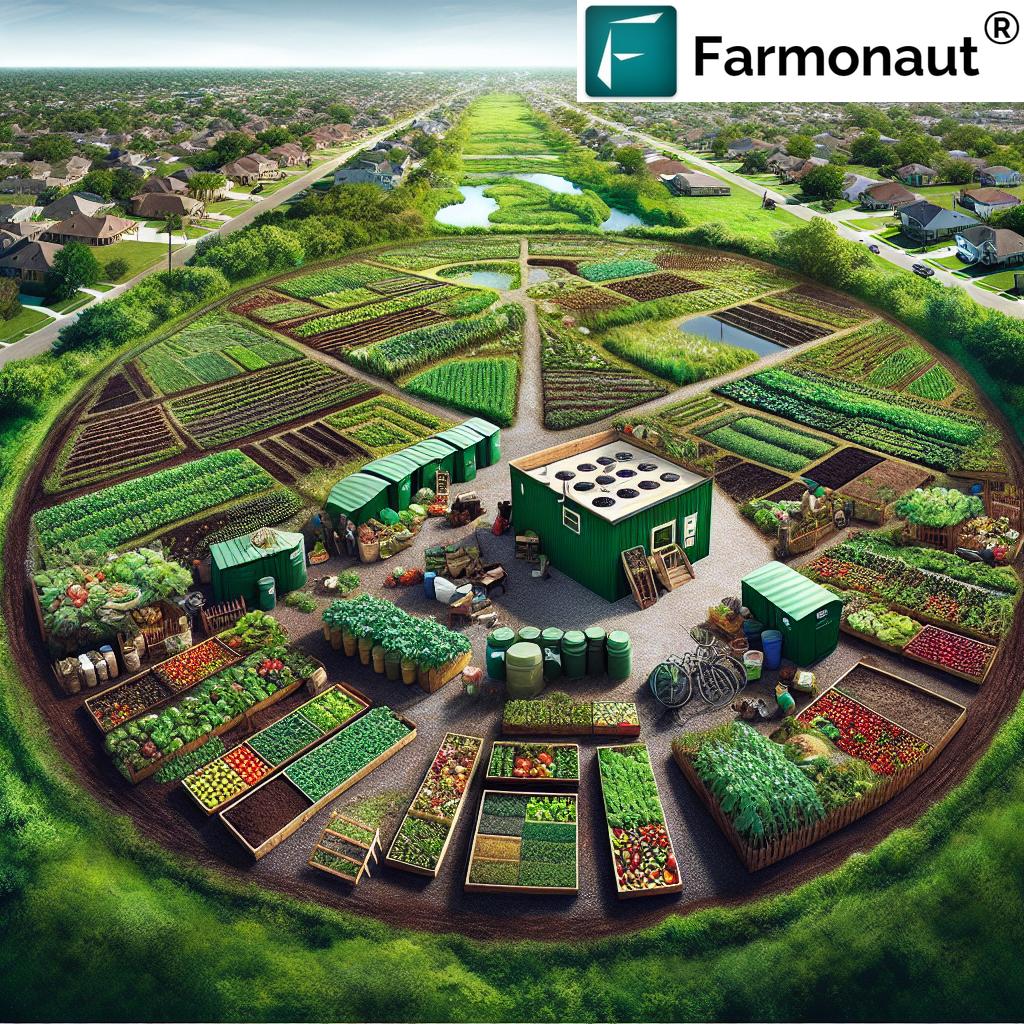Revolutionize Canada’s Food Future: Urgent Call for Sustainable Agricultural Policies
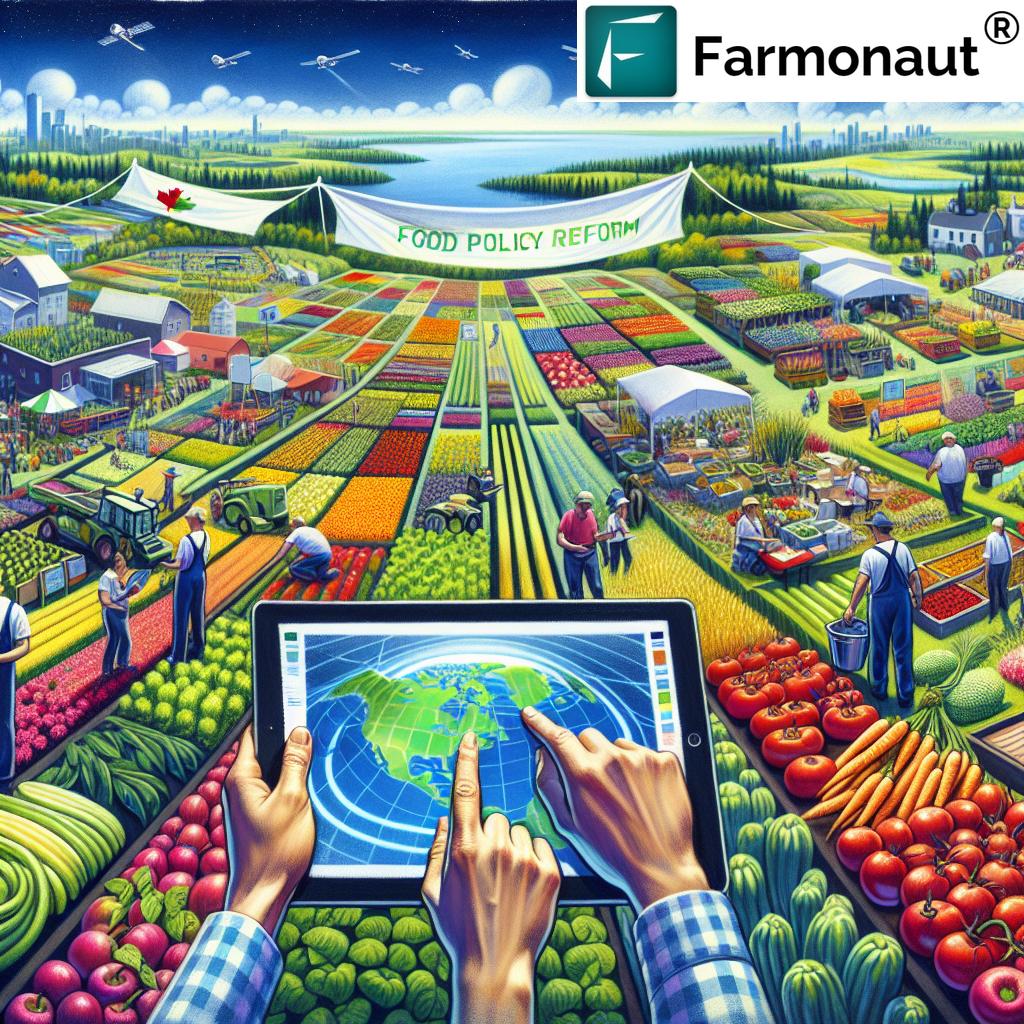
On World Food Day, a spotlight has been cast on Canada’s agricultural policies, revealing a pressing need for reform to align with health and sustainability goals. The current landscape of Canadian agricultural policies is falling short, contributing to a range of issues from diet-related diseases to environmental concerns. This article delves into the urgent call for sustainable food systems in Canada and explores innovative solutions to secure a resilient food future.
The Current State of Canadian Agriculture
Canada’s agricultural sector stands at a crossroads. While it has long been a cornerstone of the nation’s economy, current policies are increasingly at odds with the health of both people and the planet. Here’s a closer look at the challenges:
- Misaligned Subsidies: Current agricultural subsidies favor feed and export crops over fruits and vegetables, contributing to an imbalance in the food system.
- Health Implications: The focus on certain crops has led to a rise in diet-related diseases, placing a significant burden on Canada’s healthcare system.
- Environmental Concerns: The agriculture sector’s impact on climate change and agriculture is substantial, threatening long-term food security.
These issues underscore the urgent need for food policy reform in Canada. As we face these challenges, innovative solutions like those offered by Farmonaut become increasingly crucial in supporting the transition to more sustainable practices.
The Path to Sustainable Canadian Agriculture
To address these challenges, Canada needs a holistic approach that integrates health, community, and environmental sustainability. This approach should focus on:
- Promoting Agroecology: Embracing agroecology in Canadian farming can lead to more resilient and sustainable food production systems.
- Investing in Local Food Systems: Developing local food systems Canada can reduce import dependence and empower family farms.
- Aligning Policies with Health: Implementing healthy diet agricultural policies can help combat diet-related diseases and reduce healthcare costs.
- Adopting Climate-Smart Practices: Encouraging climate-smart farming practices Canada is essential for mitigating agriculture’s impact on climate change.
These strategies form the foundation of a more sustainable and resilient food system for Canada. Implementing them will require concerted efforts from policymakers, farmers, and innovative agritech companies like Farmonaut.
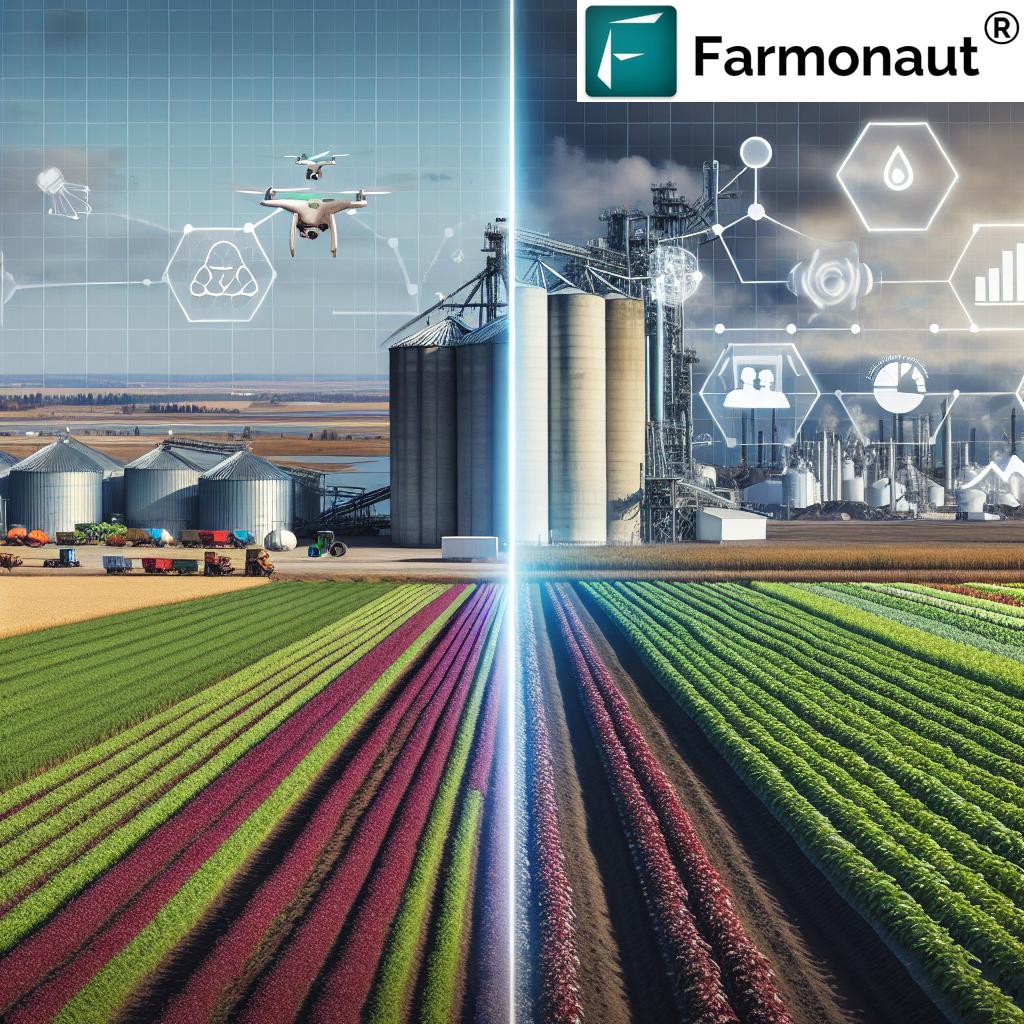
The Role of Technology in Sustainable Agriculture
In the quest for sustainable Canadian agriculture, technology plays a pivotal role. Innovative solutions like those provided by Farmonaut are instrumental in enabling farmers to adopt more sustainable practices. Here’s how technology is making a difference:
- Satellite-Based Crop Monitoring: Advanced satellite imagery allows farmers to monitor crop health and make data-driven decisions.
- Precision Agriculture Tools: These tools help optimize resource use, reducing waste and environmental impact.
- Weather Forecasting: Accurate weather predictions enable farmers to prepare for and mitigate climate-related risks.
Farmers can access these cutting-edge tools through Farmonaut’s platform:
Canadian Food Security Solutions
Addressing food security is a critical aspect of reforming Canada’s agricultural policies. Here are key solutions to enhance Canadian food security solutions:
- Diversifying Crop Production: Encouraging the cultivation of a wider variety of crops, especially fruits and vegetables, can improve food security and dietary health.
- Supporting Small-Scale Farmers: Policies that empower small and medium-sized farms can create a more resilient and diverse food system.
- Investing in Agricultural Research: Continued investment in agricultural research can lead to more efficient and sustainable farming methods.
- Promoting Urban Agriculture: Supporting urban farming initiatives can increase local food production and reduce food miles.
These solutions, combined with technological advancements, can significantly enhance Canada’s food security. For instance, Farmonaut’s API allows developers to integrate powerful agricultural data into their own applications, further supporting the agricultural ecosystem.
The Importance of Bioregional Food Systems
Bioregional food systems represent a crucial aspect of sustainable agriculture in Canada. These systems focus on producing food within ecologically and geographically defined areas, aligning with local environmental and cultural conditions. Benefits include:
- Reduced transportation costs and emissions
- Increased food freshness and nutritional value
- Stronger local economies and community connections
- Enhanced food security through diversified local production
Implementing bioregional food systems requires a shift in both policy and practice. Farmonaut’s technology can support this transition by providing farmers with localized data and insights, enabling them to make informed decisions about crop selection and management within their specific bioregion.
Reforming Agricultural Subsidies
A critical component of food policy reform in Canada involves reassessing and restructuring agricultural subsidies. Current subsidy structures often favor large-scale, industrial agriculture focused on commodity crops. To align with health and sustainability goals, subsidy reform should:
- Incentivize the production of diverse, nutrient-rich crops
- Support small and medium-sized farms adopting sustainable practices
- Encourage the implementation of agroecological methods
- Promote climate-smart farming practices
By redirecting subsidies, Canada can create a more balanced and sustainable agricultural sector that benefits both farmers and consumers while protecting the environment.
The Role of Education and Consumer Awareness
Transforming Canada’s food system also requires changes in consumer behavior and awareness. Educational initiatives should focus on:
- Promoting the benefits of locally produced, seasonal foods
- Educating consumers about the environmental impact of food choices
- Encouraging cooking skills and nutrition knowledge
- Raising awareness about the connection between diet and health
Farmonaut contributes to this educational effort by providing transparency in food production. Through its API Developer Docs, the company enables the creation of consumer-facing applications that can inform and educate the public about their food’s journey from farm to table.
Conclusion: A Call to Action
The transformation of Canada’s agricultural policies is not just a matter of economic or environmental concern—it’s a crucial step towards ensuring the health and well-being of future generations. By embracing sustainable food systems, promoting agroecology, and leveraging innovative technologies, Canada can lead the way in creating a resilient and sustainable food future.
As we move forward, collaboration between policymakers, farmers, technology providers like Farmonaut, and consumers will be key to realizing this vision. The time for action is now. Let’s work together to revolutionize Canada’s food future and create a sustainable, healthy, and secure food system for all Canadians.
To learn more about how technology can support sustainable agriculture, visit Farmonaut and explore their innovative solutions for modern farming.






